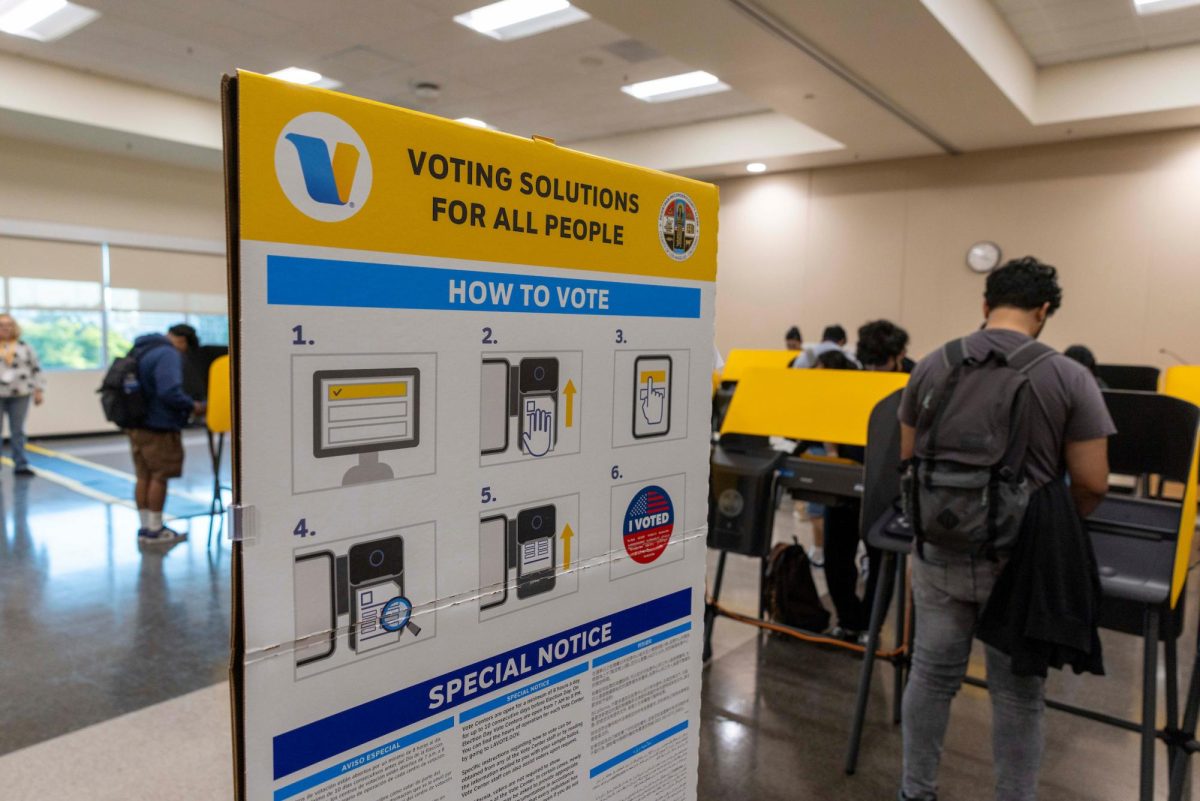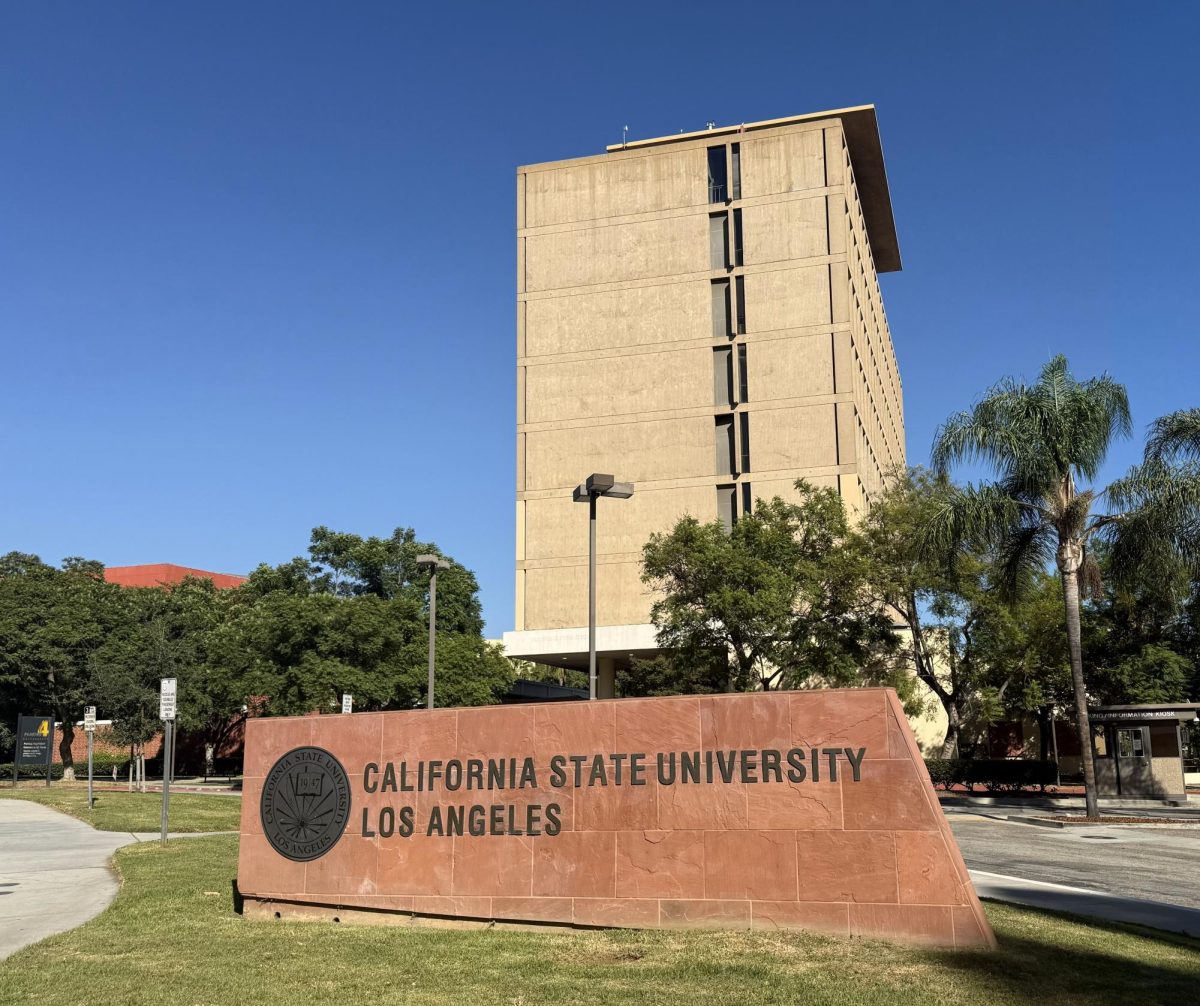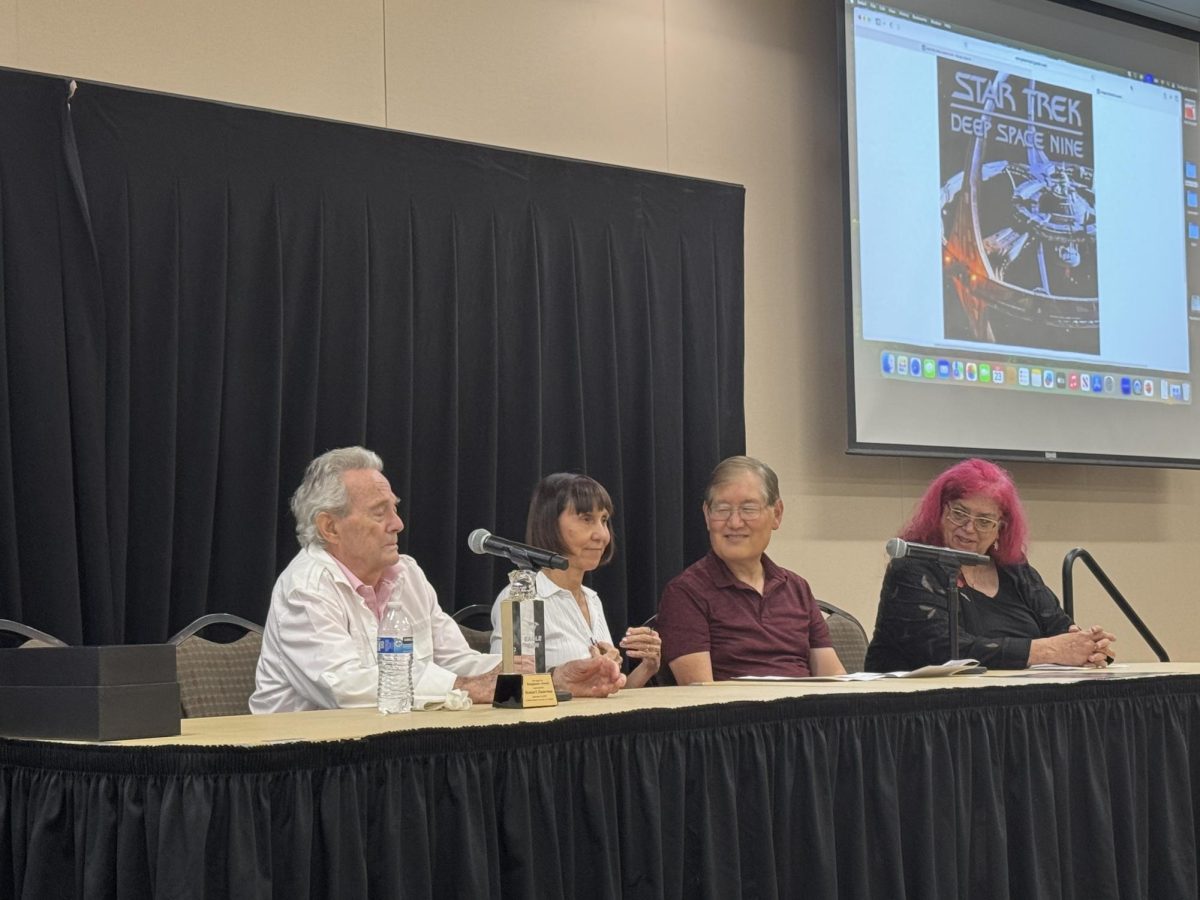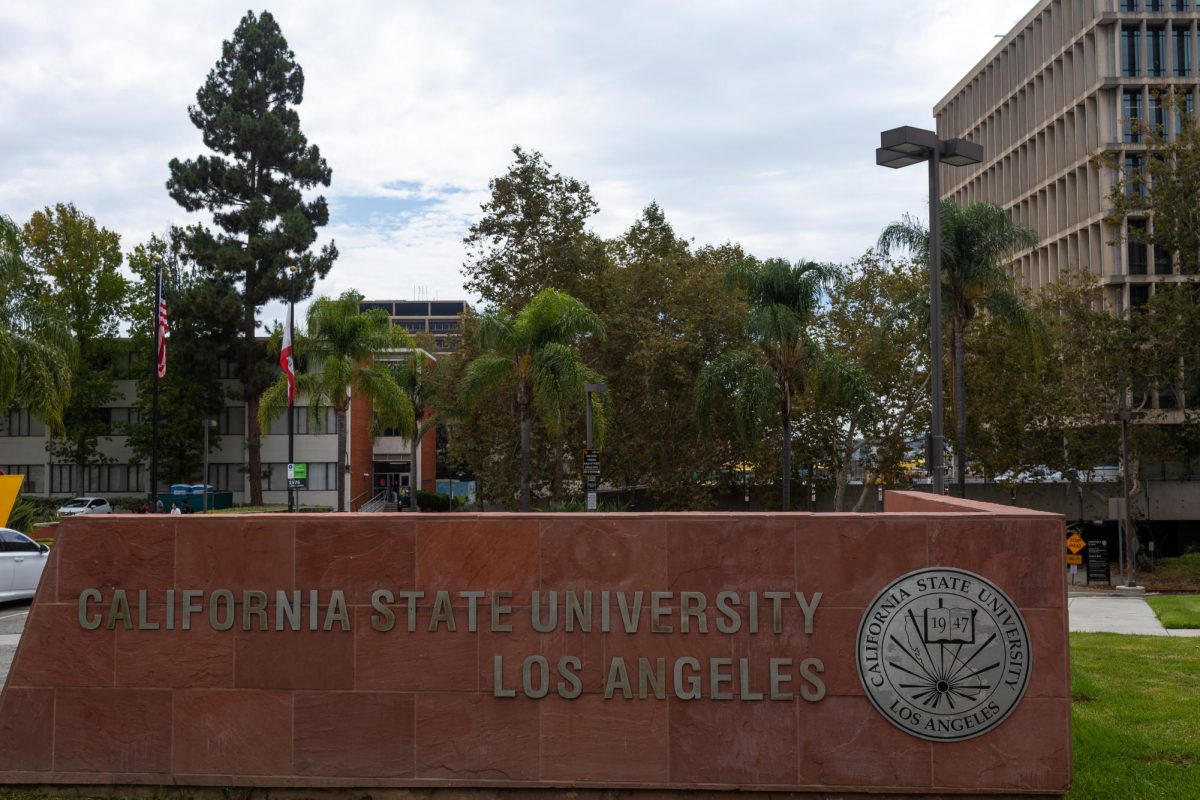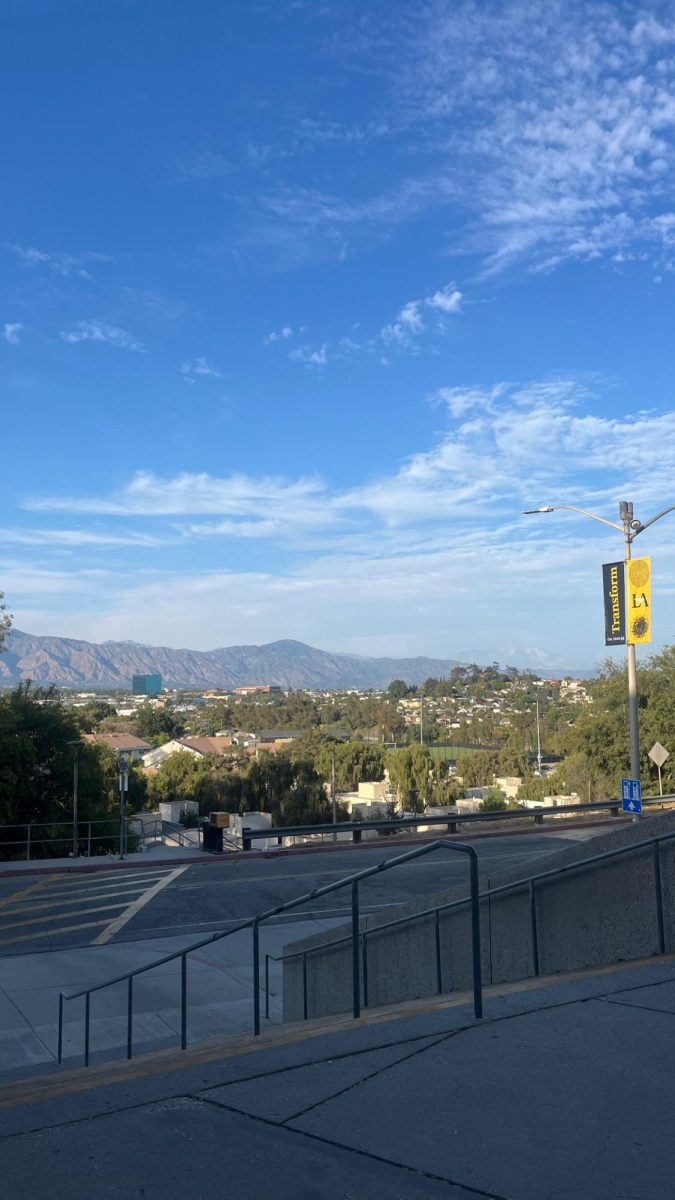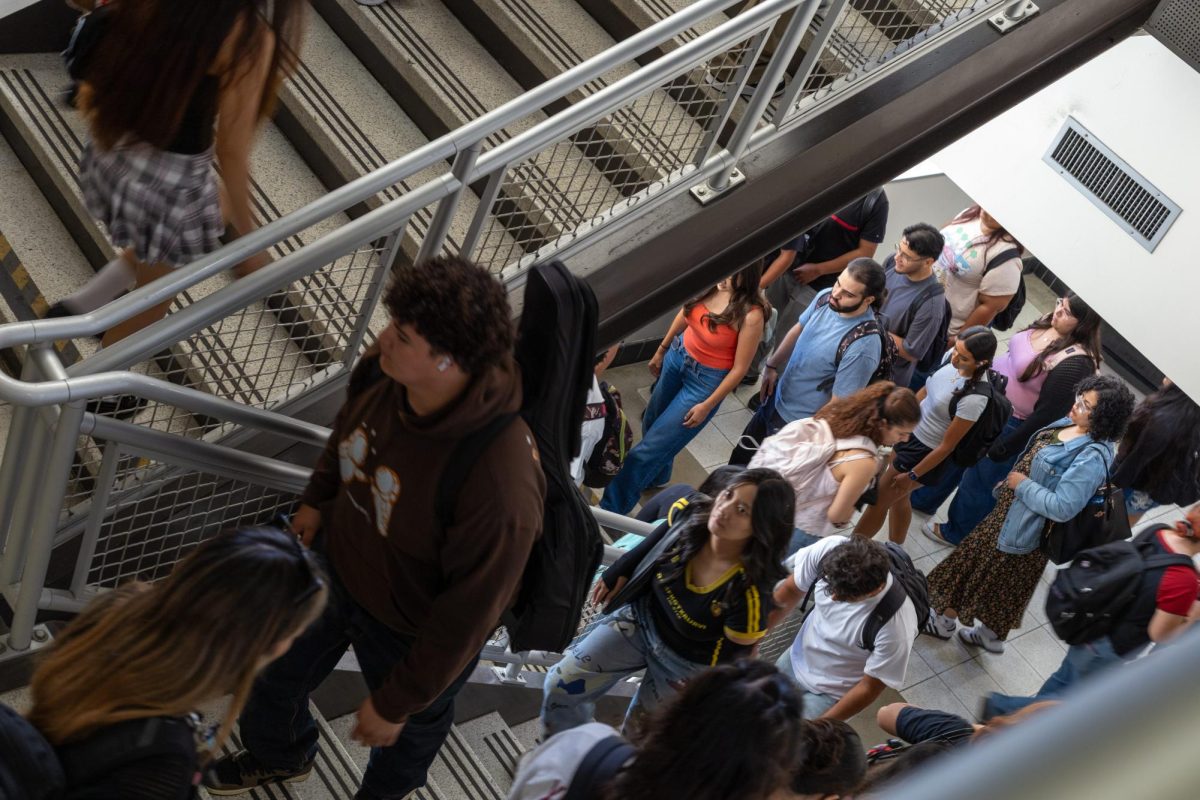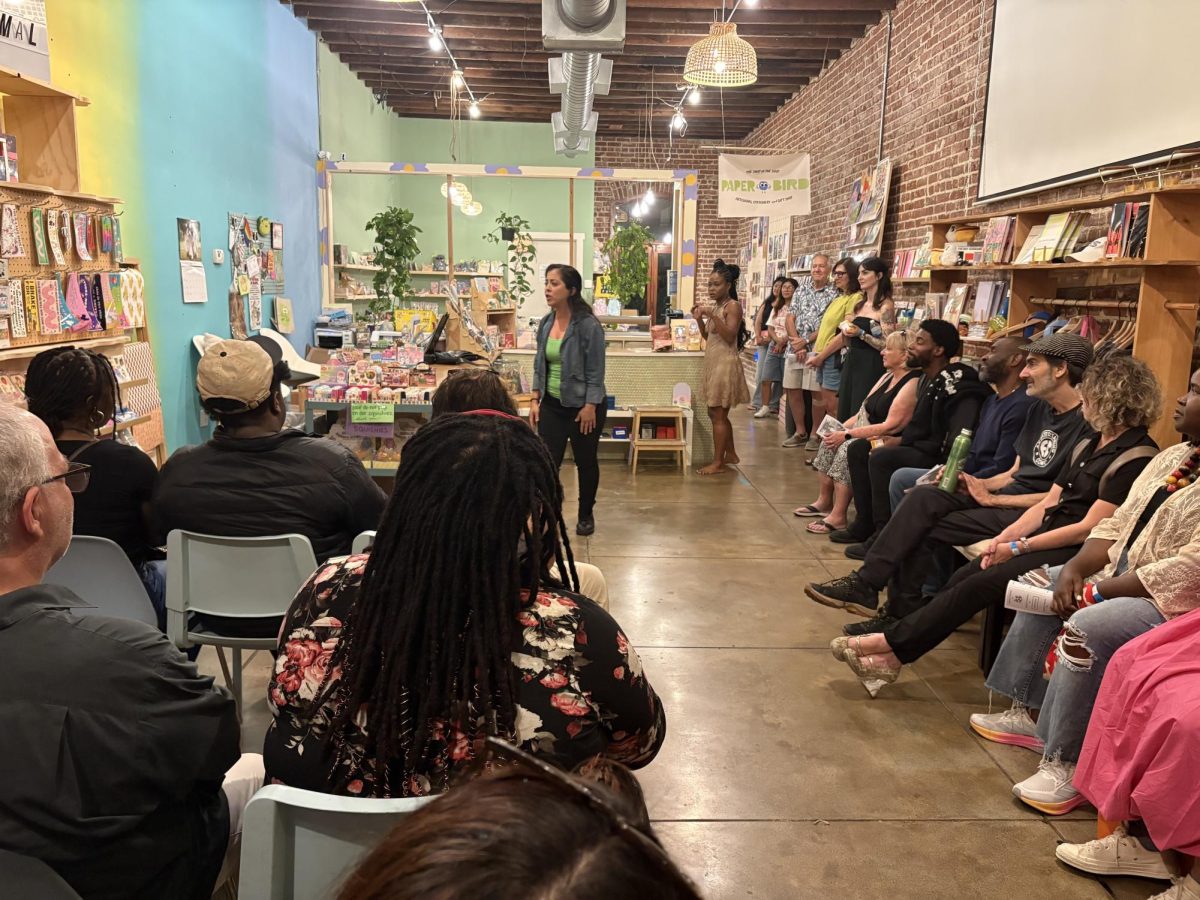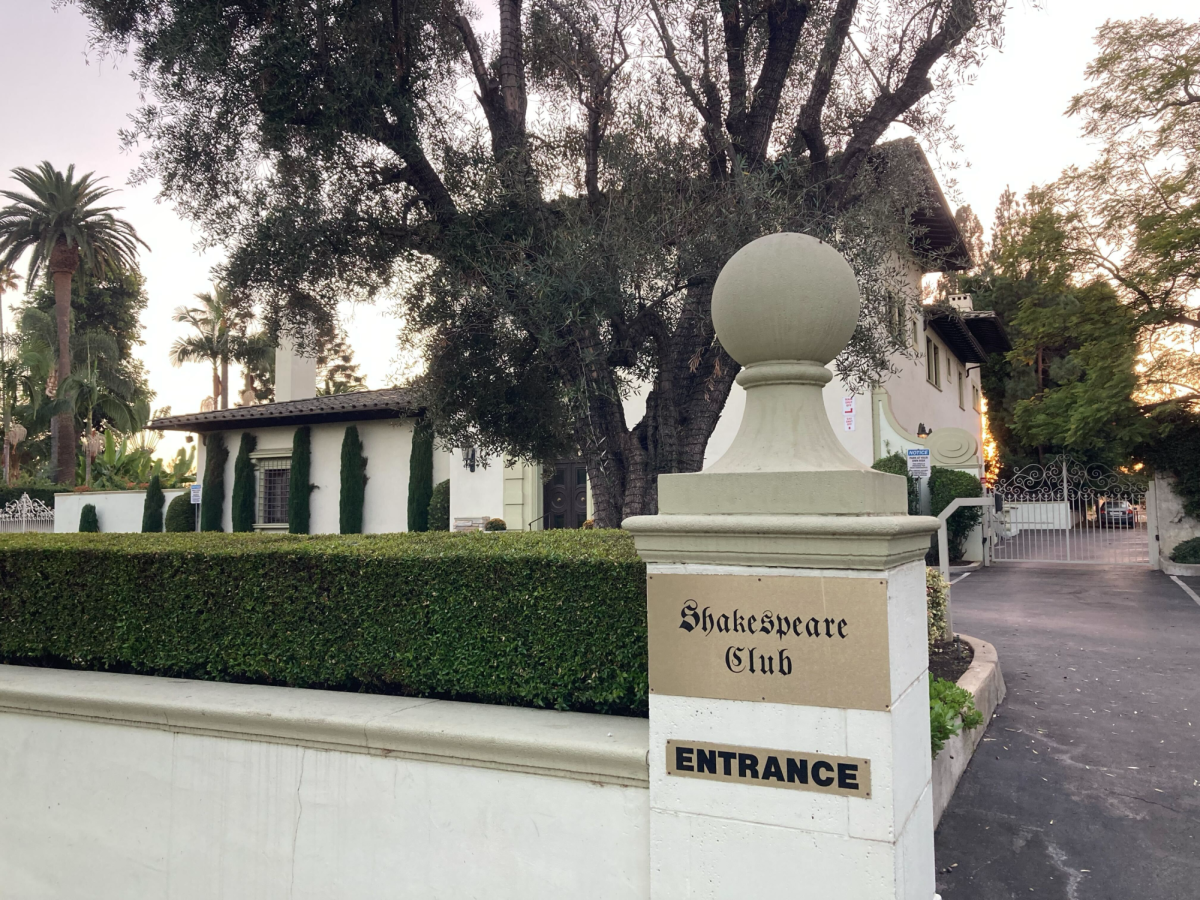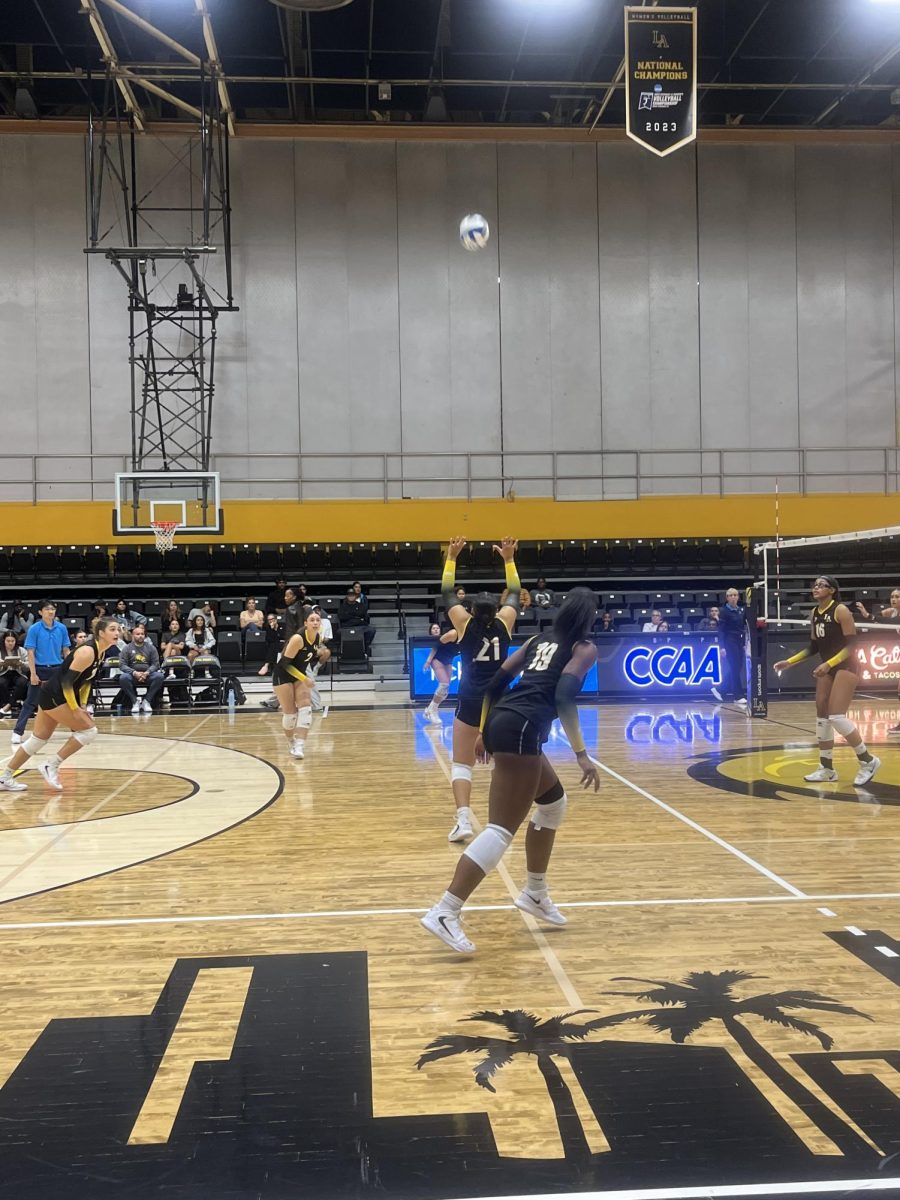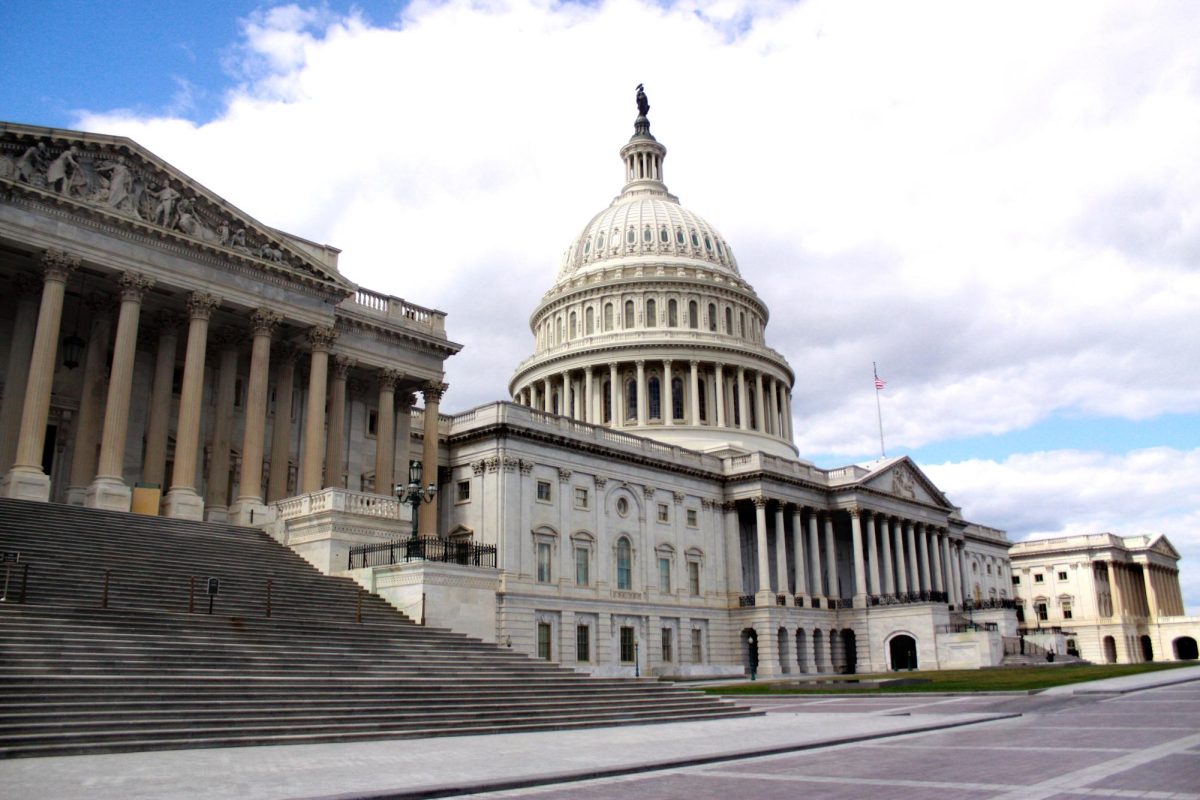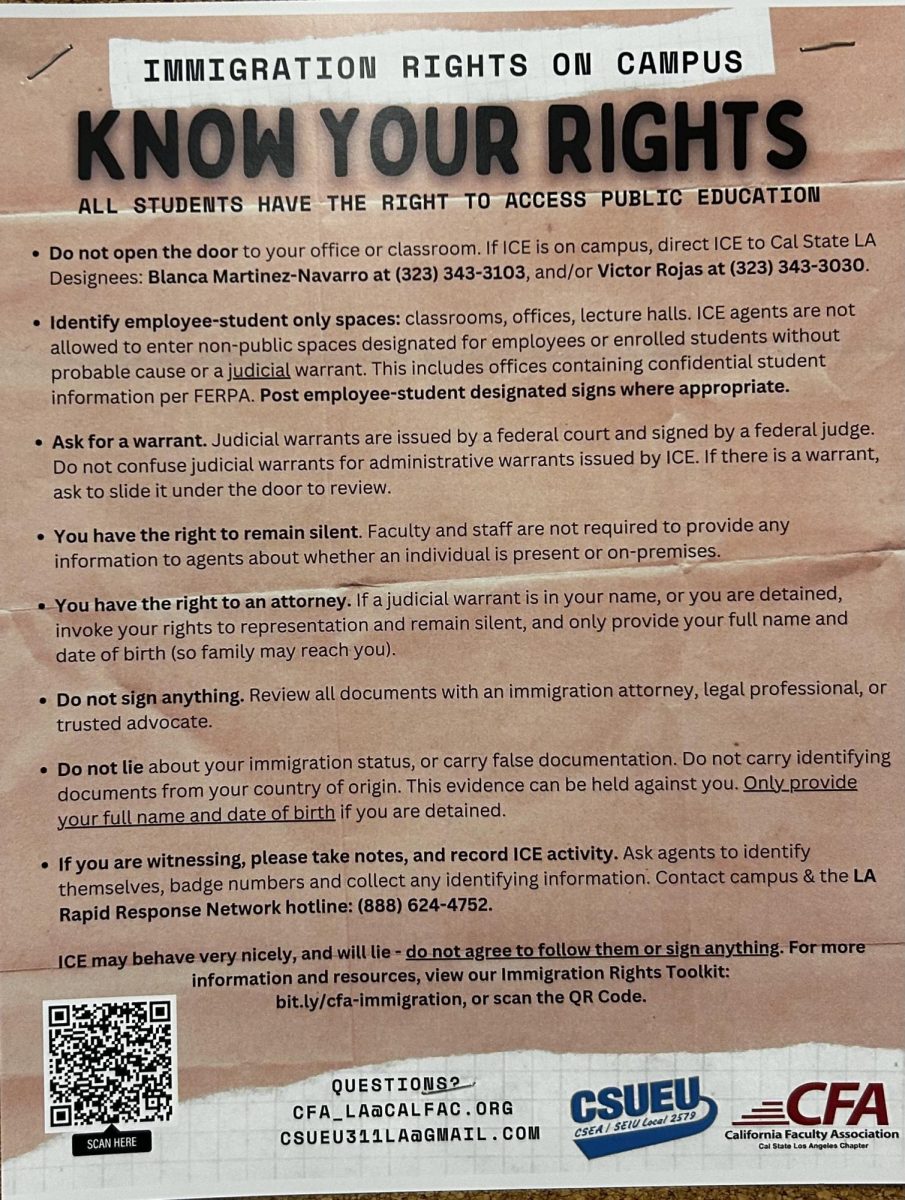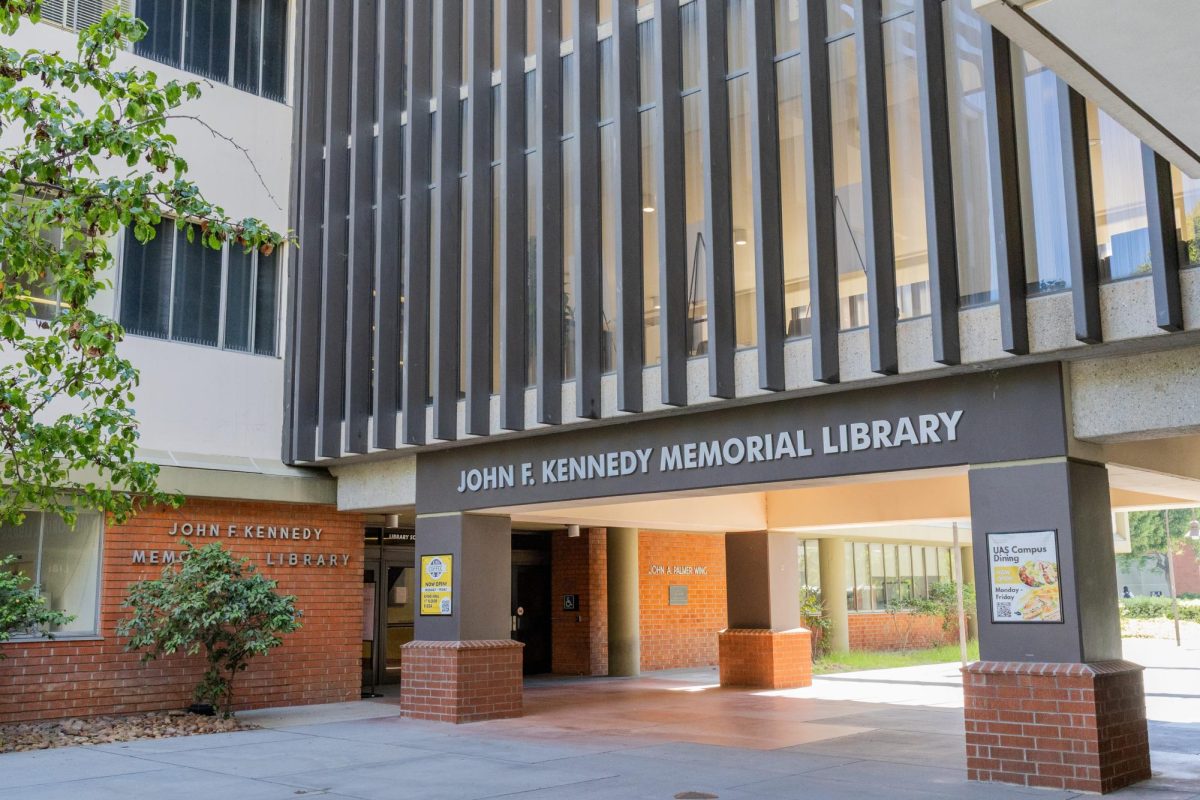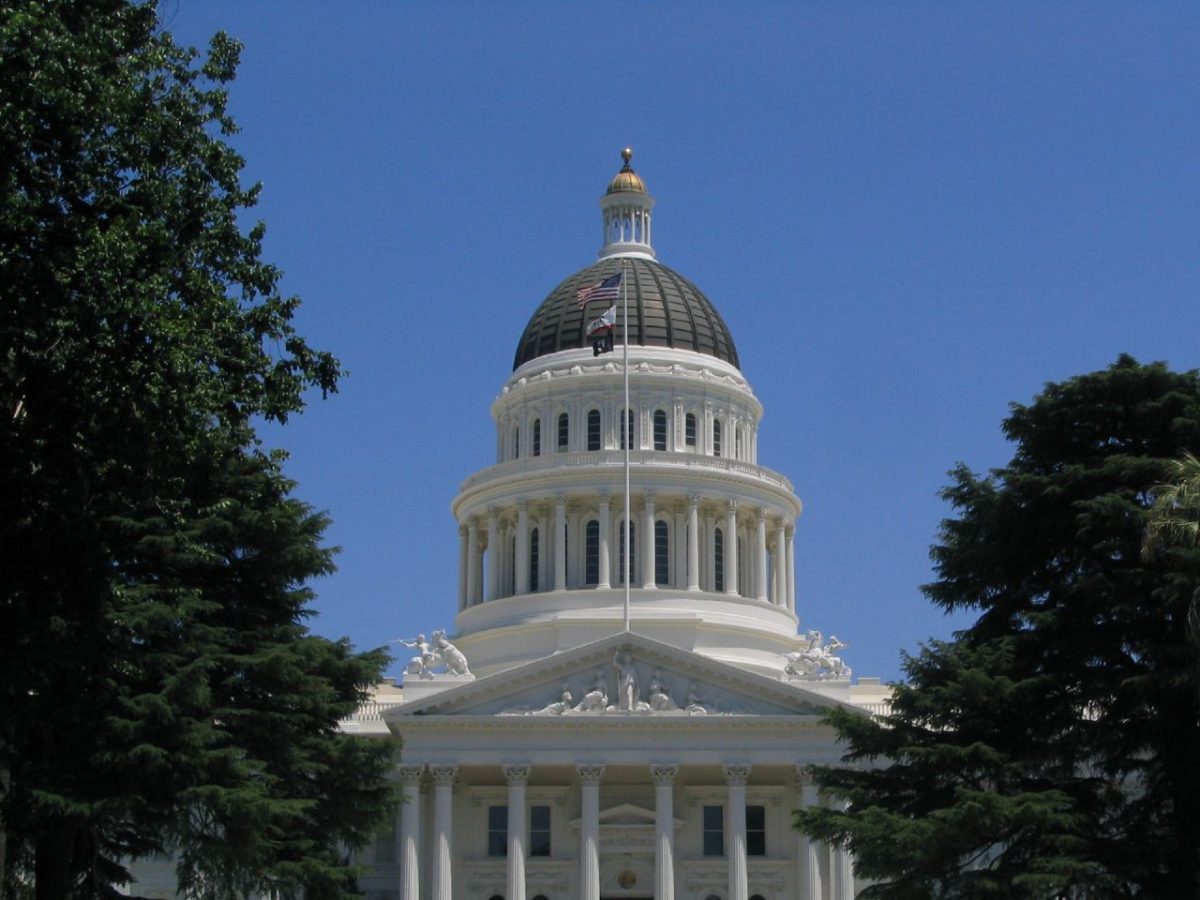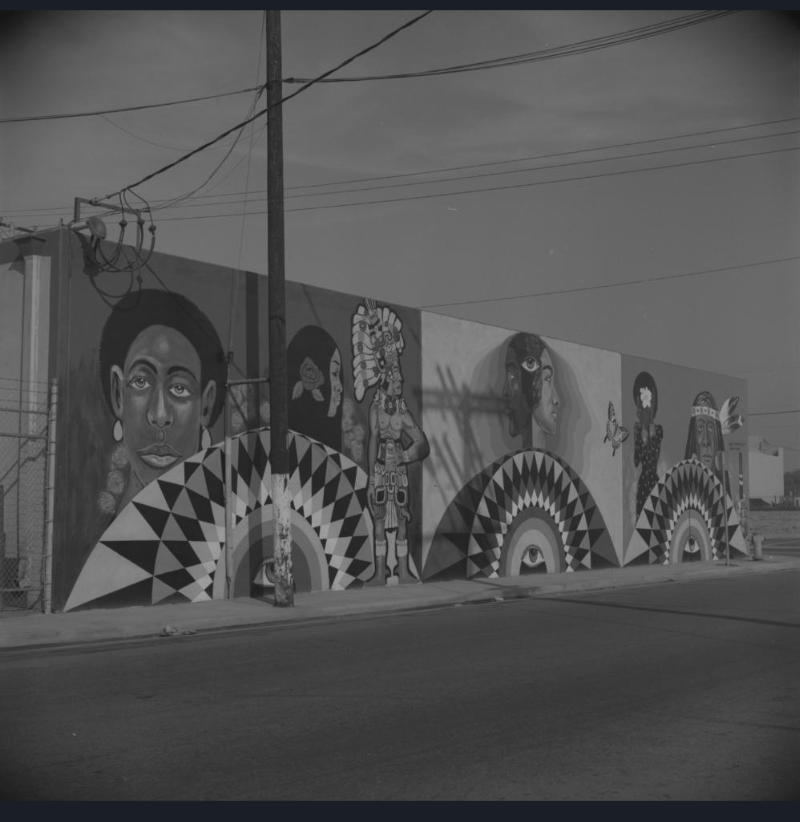Cal State LA has been selected to host a polling location for the special election in early November, asking voters whether the state should adopt temporary House of Representatives maps for the 2026, 2028, and 2030 election cycles.
The polling location will be open daily from Saturday, Nov. 1, to the end of Election Day on Tuesday, Nov. 4, on the fourth floor of the Palmer Wing at the University Library. The hours on Saturday through Monday will be 9 a.m. to 8 p.m., and on Election Day the polling location will be open from 6 a.m. to 10 p.m.
For visitors coming to campus to vote at the polling location, Cal State LA will be providing free parking on the upper level of Structure C and parking lot 4. Both parking areas have accessible parking spaces.
Cal State LA has one permanent ballot drop box provided by the Los Angeles County Registrar-Recorder’s Office on campus near Lot 4. For those dropping off their ballot at the drop box, there is no need to have postage on the outside of their envelope.
While the statewide voter registration for this special election ends on Oct. 20, voters can still have the opportunity to register and vote conditionally with a provisional ballot at the Cal State LA Voter Center on the day of the election, or any other day the polling place is open.
“Elections are one of the most important pillars of democracy, and Cal State LA is honored to be part of the process,” Cal State LA President Berenecea Johnson Eanes said in a press release. “We wholeheartedly encourage the participation of our students, staff, faculty, and community neighbors. Every vote counts!”
The California Faculty Association and other CSU stakeholders are in support of Prop. 50, saying it is a chance to take back power in Congress.
“California didn’t ask to be at the center of this national fight,” the CFA said in a statement. “But here we are. And the choice before us is clear: put a check on fascism or accept it.”
This is part of a wider redistricting effort taking place across the U.S. after the Texas legislature passed redrawn House of Representatives maps, potentially widening the gap by at least five seats that Republicans have in the House after the 2026 midterms.
If the maps are passed, California would add five additional democratic seats, counteracting the losses incurred in Texas.
Other states, also led by Republican majority legislatures, have considered pushing through maps that could increase Republican control in the House. The case is the same with other democratic majority states that have considered redrawing their maps, but have not acted on those efforts beyond suggestions and exploration.
The redistricting efforts undertaken by California and Texas are allowed and not illegal, However, if these maps were considered using race as a driving factor, would be in violation of the 14th Amendment and past U.S. Supreme Court rulings.
It appears that these maps in both states have been drawn based on past voting patterns in past elections.
However, historically, the incumbent party that has held the majority since the general elections tends to see losses in the midterms.
The independent California Citizens Redistricting Commission (CCRC) will redraw the maps in 2031, following the 2030 census. Those maps will be in effect for the 2032 primary and general elections, according to the California Secretary of State website.
The CCRC was approved by voters in a statewide ballot measure in 2010.

